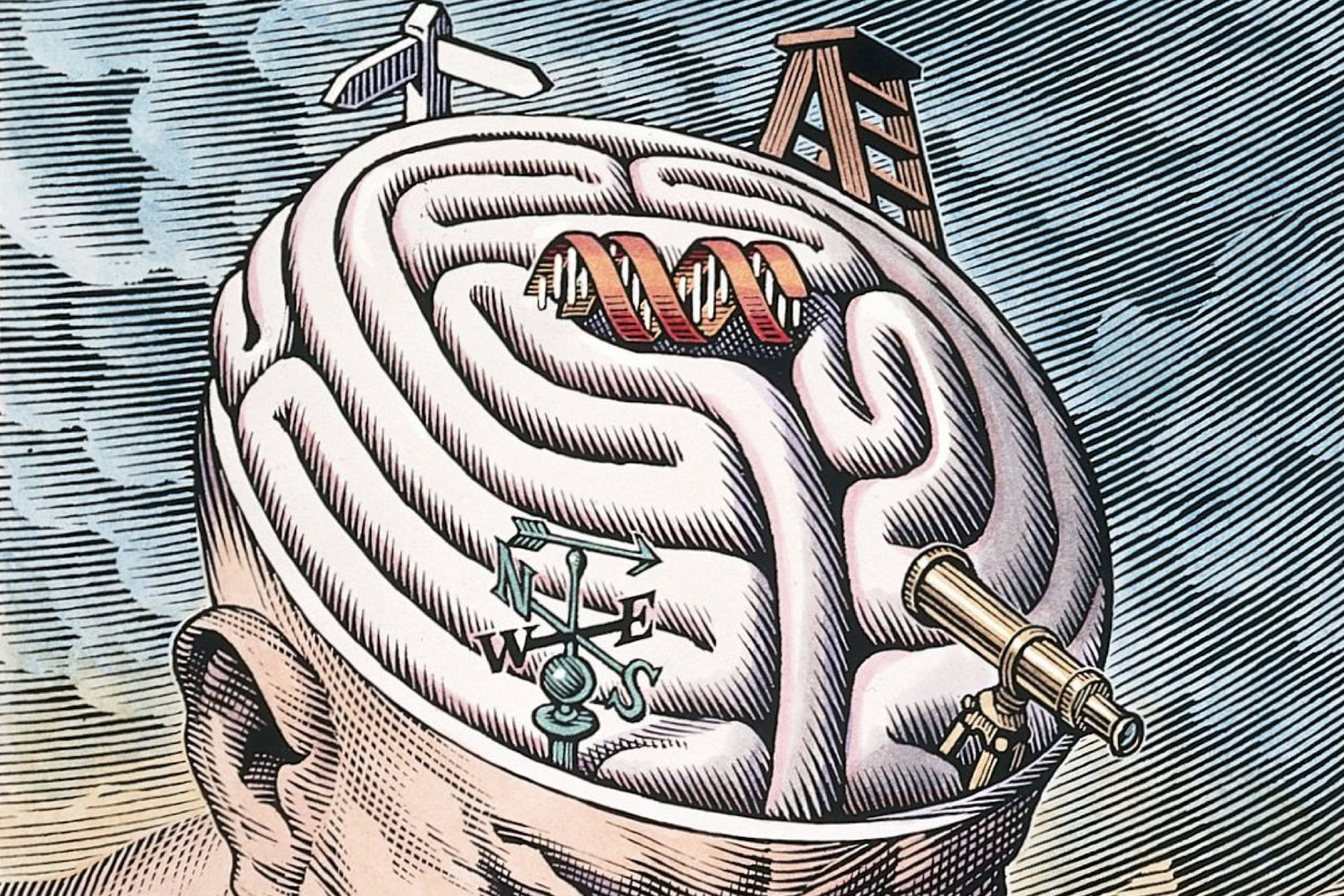I'm not especially fond of YouTube, but Numberphile is perhaps the only channel I truly care about. Generally, there isn't too much to it: a single camera, and sheets of brown paper on which a mathematician is explaining the Riemann Hypothesis, or how all positive integers sum to -1/12. What is consistent across all their videos, though, is the beaming smile plastered across the mathematician's face. 'Look at that!', they might exclaim, despite having likely known this for years. 'Isn't that amazing?'
The comfort provided by numbers, particularly for somebody with a knack for them, makes a lot of sense. If fear comes from uncertainty, then certainty can prevent it, and what can be more certain than maths? However, as Professor Hannah Fry reveals in this episode of 'Numberphile', as well as in her BBC Horizon documentary 'Making Sense of Cancer with Hannah Fry', it is far more complicated than that.
Hannah Fry, a professor of the mathematics of cities at University College London and one of the most recognisable science communicators in the country, has always been gleefully open about her innate geekiness. 'Maths is such a joyous place for me', she said in an interview with The Telegraph prior to the documentary airing. 'I couldn't quite ever give it up.' This meant that when she was diagnosed with cervical cancer in January 2021, it was only natural that she would revert to numbers to process what was going on.
The documentary itself follows Professor Fry from her diagnosis, through her subsequent surgery, to her eventual recovery and beyond. However, what makes it such a unique and fascinating film is Professor Fry herself who, having spent her entire life contemplating her world through her fluency with concepts like risk and probability, is being asked to walk the walk. And as she explained to the Numberphile podcast host Brady Haran, 'I just wanted to read something that said, 'This is what's going to happen to you', and you can't find it, it's not out there. So there's only so far that the mathematics and the statistics will ever be able to take you in that moment.'
This might be somewhat surprising, since what follows a cancer diagnosis might almost certainly be a number: what are my chances? But one number will never cover the entire range of a cancer patient's experience. We use five-year, ten-year, fifteen-year survival rates, all of which mean different things at different ages to different people with different types of cancer. There's overall survival versus progression-free survival (the chances of the cancer not returning). And most importantly, while discussion around interventions will always revolve around improving these numbers, none of them accounts for the effects of the chemotherapy or surgery or any number of other treatments, which could include anything from loss of fertility to debilitating chronic conditions, or even cancer itself.
Here is where the best interests of the patient, and those of the doctors, may clash. Professor Fry herself underwent a radical hysterectomy, which involved not only removal of the uterus but a large amount of surrounding tissue, including all the pelvic lymph nodes. The procedure removed the cancer, but also caused lymphedema, a chronic condition caused by fluid draining through the lymphatic system. While she was presented with an alternative – a far less invasive procedure which would have prevented the lymphedema and kept her with the option of having another child – the higher risk of recurrence alone meant that the larger surgery was recommended. She does not necessarily regret the procedure, but she regrets how it was seemingly forced upon her without the balance of all the various risks, telling Haran 'I wish I had been more involved in the conversation of the calculation.'
This leads to the most shocking and uneasy aspects of her story, in which it becomes clear that this risk calculation does not feature in most discussions around cancer treatment. She recounts an incident of a woman with breast cancer who, after a successful lumpectomy, was told that having chemotherapy would increase the chances of the cancer not returning by four percent, from 84 to 88 percent. She decided to follow through with chemotherapy, saying 'I have to have chemo because otherwise I'll die'.
From this example, it seems like the decision to undergo chemotherapy is less about decreasing the chances of recurrence, and more about the peace of mind knowing that, should things unfortunately not work out, you weren't the idiot who turned down potentially life-saving treatment, defeated by what appears to be hubris but is actually a calculated, personal decision. Indeed, the doctors might agree, with one telling Professor Fry, 'If they understood, they wouldn't go through with it.'
To Professor Fry's immense credit, she has described some very uncomfortable truths with sensitivity and insight while treading an incredibly thin line between calling for increased patient engagement and suggesting that cancer treatment is superfluous. My only qualm concerns how a regular patient, whose world has just come tumbling down, may deal with this engagement. It is true that the only person with the intuition to apportion the risk of a treatment is the patient itself, but it would require comprehending the immensity of these possible outcomes at the most difficult, yet essential, time.
In her documentary, Professor Fry opens by talking about how we exist in two worlds: the real one, with its messiness and biases, and the 'true' mathematical one, which describes the world how it fundamentally is. What her story clarifies is that these two worlds do not exist independently, and lessons from one can inform decisions in the other. Whether or not an understanding of both, in this most trying of circumstances, can provide Numberphile-style comfort will depend on the individual. However, it is a tool that should be in everyone's arsenal, for whatever life might throw at us.






Leave a Reply
You must be logged in to post a comment.